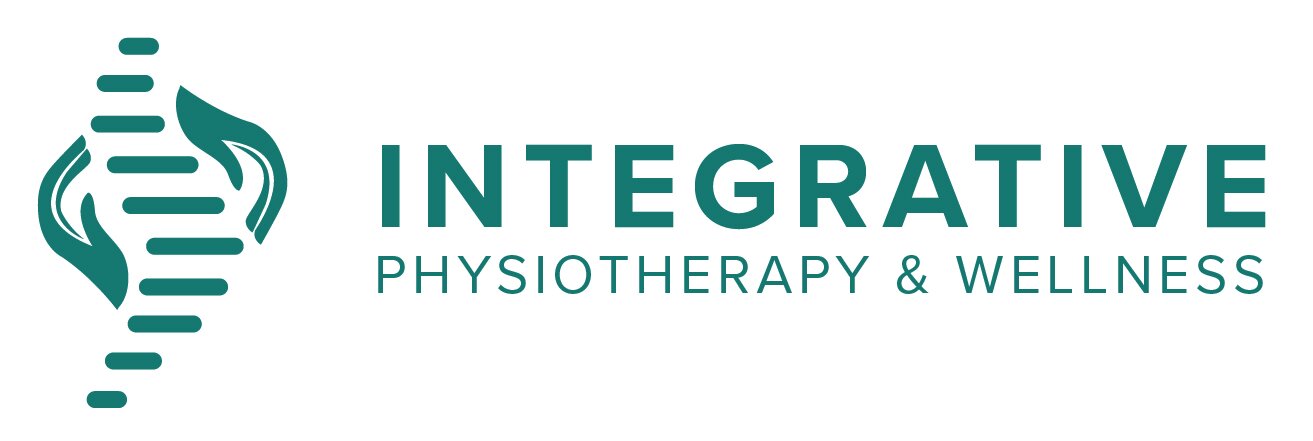Degenerative Rotator Cuff…
What is a Rotator Cuff (R.C.)?
The Anatomy!
Rotator Cuff is the group of muscles that give stability and strength to the shoulder joint during its movements. It is made up of four muscles named Supraspinatus, Infraspinatus, Teres Minor, and Subscapularis). This group of muscles originates from the shoulder blade(scapula) and attaches to the arm bone (head of the humerus) and makes a cuff-like structure around the shoulder joint. In the shoulder joint, there are some anatomical spaces made up of bones, which are the Subacromial space and Sub coracoid space. Certain muscles like the Rotator Cuff and their tendons pass through these spaces.
How do we get a Degenerative Rotator Cuff?
Degenerative RC tear is atraumatic(meaning no trauma, but a slow onset condition). This process of degeneration is thought to occur with aging. There are types of factors that can contribute to this degeneration, which include Extrinsic or external, Intrinsic or internal factors:
Extrinsic Factors:
External impingement: This term is utilized when a certain structure gets compressed or pinched within Subacromial and subcoracoid spaces.
Internal Impingement: This term is applied when any structure within the shoulder joint is getting compressed.
Intrinsic Factors:
Impaired Tendon Health: Muscle tendons get impaired due to lack of vascularity (blood supply), unhealthy muscle fibers, and many more. These impairments are the results of repetitive compressive and mechanical load, Genetics, Metabolic diseases, Smoking and alcohol consumption, and Prolonged Anti-inflammatory usage.
Asymptomatic & Symptomatic Rotator Cuff Tear: A Rotator Cuff can be both a partial or full tear, and this degeneration is majorly dependent on natural progression and aging. This progression and symptoms significantly vary from person to person. On one side, some patients have severe pain and functional activity limitations, while on the other side, numerous patients do not show any pain or limitations even though tears are present. This variability could be based on functional activity level, intrinsic or extrinsic factors, stage of tendinopathy, and comorbidities. One study says that more than half of the people with asymptomatic R.C. tears are 50 years old.
Clinical History:
The most persistent finding in all cases is Age. Populations older than 50 years of age are more prone to get degenerative R.C. tears and people under 40 years of age are rarely seen with this condition.
Age: 40 years
Pain with Pushing, Pulling, Lifting, Carrying, Overhead activities, Reaching for something
Pain Pattern: Night pain, Localized, Front, and outer part of the shoulder
Weakness and stiffness in the shoulder joint
Clinical Examination:
Our Registered Physiotherapist will complete a full comprehensive Assessment of your shoulder to determine your limitations and an appropriate treatment plan.
How Physiotherapy Can Help with the Management of your Degenerative Rotator Cuff Pain?
R.C. Tear patients respond slowly to the treatment, and rehabilitation can be as long as 12-18 months to recover fully. The main goal of the treatment is to improve the posture along with strengthening the program, which eventually suppresses symptoms and pain levels.
Phases of a rehab program can involve:
Scapular Repositioning
Centralization of the humeral head
Improving ROM
Strengthening of shoulder musculature from lower to higher ranges.
Activity-specific exercise and maintenance
Exercises are tailored to each patient and a specific program is given to you with your work and home life taken into consideration.
If you are struggling with shoulder pain and want to get assessed, contact us to book an appointment or to ask any related questions in your mind… We are more than happy to help.
Written by: Anjali Patel. Registered Physiotherapist Resident. Orthopaedic Physiotherapist. Concussion Management.
REFERENCES:
https://www.ncbi.nlm.nih.gov/pmc/articles/PMC3584736/"
https://www.physio-pedia.com/Rotator_Cuff_Tears
Orthopaedic Division Canadian Physiotherapy Association. Theory Manual
Integrative Physiotherapy is a Barrie-based clinic that believes in a one-on-one patient-centered, manual therapy (hands-on) approach to physiotherapy. We aim to empower our patients by providing quality care that is personalized to each patient in an interactive and friendly manner. Through the use of the best available treatment techniques, we aim to provide exceptional care so that each patient feels engaged and motivated. Our therapists are continually upgrading their skills and taking time to provide comprehensive assessment and treatment techniques that are always one on one without the use of assistants or double booking patients to make sure that you achieve your functional and sports goals as soon as possible.
Our therapists would be happy to help you to achieve your goals, to schedule your appointment. Don’t let pain ruin your day!
Integrative Physiotherapy, Empowering Patients with Personalized Care.

